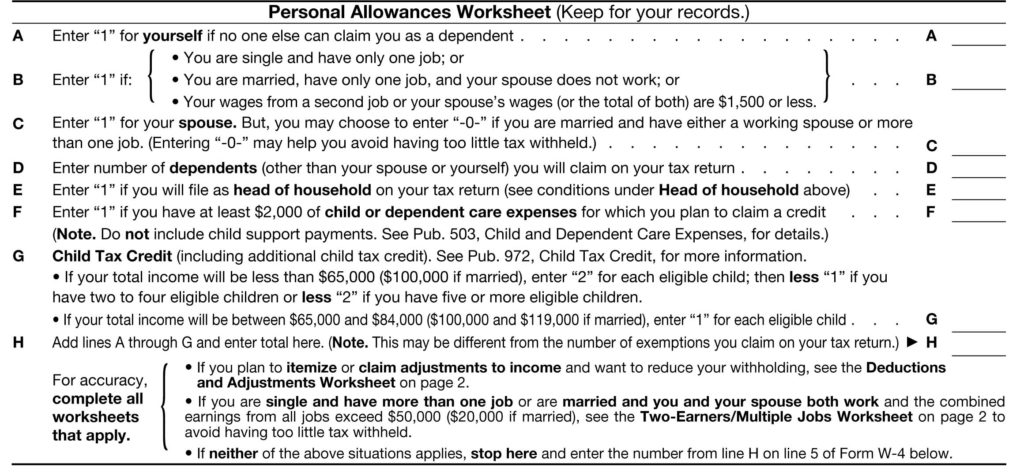The premium tax credit (PTC) is a refundable tax credit that assists individuals and families in paying for health insurance obtained through a Marketplace (Healthcare.gov) and was established under the Affordable Care Act (ACA). Recent COVID relief legislation, the 2021 American Rescue Plan Act, (or ARPA) that was just recently passed in March 2021 made several changes to this credit. Below, we’ve assembled an overview of these changes.
Changes in Eligibility for Households Above 400% of the Federal Poverty Line
Under pre-ARPA law, individuals with household income above 400% of the federal poverty line (FPL) weren’t eligible for the PTC.
Under ARPA, for 2021 and 2022, the PTC is available to taxpayers with household incomes that exceed 400% of the FPL. This change will have the effect of increasing the number of people who are eligible for the PTC.
An Increase to PTC for 2021 and 2022
New tables for 2021 and 2021 will modify how the PTC is calculated. These tables calculate the PTC on a sliding scale based on household income, expressed as a percentage of the federal poverty line (FPL). The amount of PTC a taxpayer is eligible for is limited to the excess of the premiums for the applicable benchmark plan over the taxpayer’s required share of those premiums. Previously, a taxpayer would have had to spend as much as 9.83% of their house hold income on health insurance to be eligible for the PTC. This amount decreases to 8.5% for 2021 and 2022.
No Repayment of Excess Advance PTC Payments for 2020
One of the biggest changes to the PTC was the suspension of any repayment of “excess” advances of the PTC. Even though the ARPA was passed in March 2021, this impacted many 2020 filers and is part of the reason for the delays experienced this filing season.
Historically, if your actual PTC turned out to be more than the advance payments you received as a subsidy to your health insurance premiums during the year, you would receive a refundable income tax credit for the excess. But if your advance payments exceed your PTC, you were required to pay back the excess as additional income tax, subject to a repayment cap based on your household income.
For 2020 under ARPA, if you file a 2020 return reconciling your advance PTC payments with your actual PTC, no additional income tax will be imposed if the advance payments are greater. Taxpayers can retain the benefit of the advance payments even if they exceed the maximum PTC to which they are entitled.
This is all very new guidance, but at this time, we are not recommending that clients file amended returns to claim a refund if they’ve already filed a 2020 return and paid the excess credit back as additional tax.
Please let us know if you would like more information about these new provisions.


